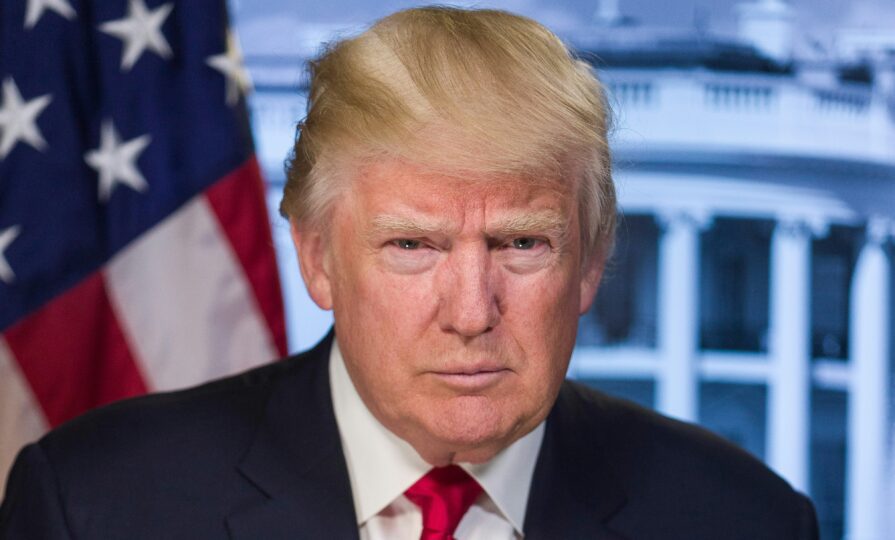Trump calls tariffs ‘medicine’ amid market turmoil
Speaking to reporters aboard Air Force One, Trump warned that governments would have to pay ‘a lot of money’ to lift sweeping tariffs

Register to get 1 free article
Reveal the article below by registering for our email newsletter.
Want unlimited access? View Plans
Already have an account? Sign in
US president Donald Trump has called his newly-announced tariffs “medicine” as he showed no signs of reversing them.
Speaking to reporters on Sunday (6 April) aboard Air Force One, Trump warned that governments would have to pay “a lot of money” to lift sweeping tariffs.
He said: “I don’t want anything to go down. But sometimes you have to take medicine to fix something. I spoke to a lot of leaders, European, Asian, from all over the world. They’re dying to make a deal. And I said, we’re not going to have deficits with your country.”
He continued: “We’re not going to do that because to me, a deficit is a loss. We’re going to have surpluses or, at worst, going to be breaking even.”
Trump’s tariffs include a baseline 10% tariff on all imports from many countries including the UK, while others such as Vietnam are facing levies as high as 45%.
The move caused financial markets to react swiftly, with the Shanghai composite index closing 7.3% down on Monday (the biggest decline since February 2020), Japan’s Nikkei 225 losing 7.8%, while Hong Kong’s Hang Seng slumping over 13%. In London, the FTSE 100 had dropped 4.85% by 9am.
Other economies, such as China have already started retaliatory levies, fuelling fears of a global trade war and recession.
Retailers have already expressed concerns regarding supply chains and pricing strategies.
Brad Ashton, customs and international trade partner at RSM UK, said: “Supply chain agility will be crucial to allow businesses to react quickly to seize opportunities and mitigate increased costs
“Where there is no option but to pay tariffs, rejigging the supply chain to legitimately reduce the value of the consignment could help to reduce the calculated customs duty but this might not work for every business model or tax structure so detailed analysis to map the impact of any changes will be key.”
He added: “The other risk is the implementation of additional reciprocal tariffs on US goods which is likely to see escalation.”







